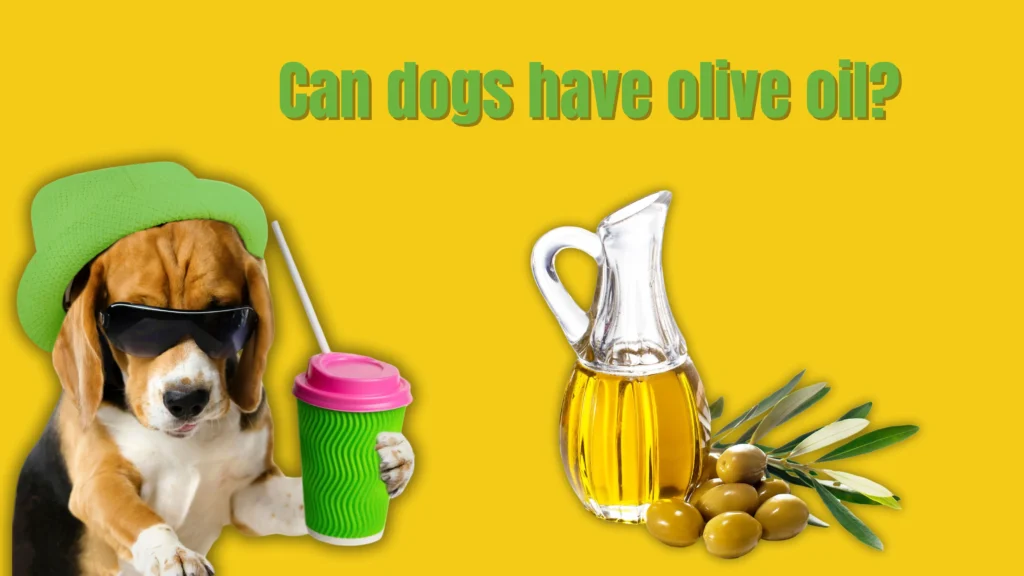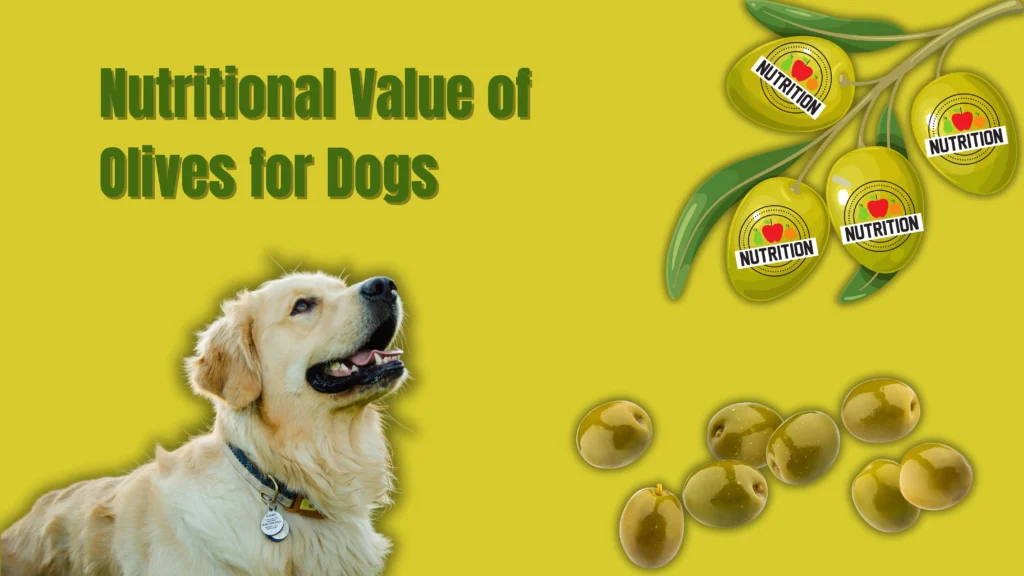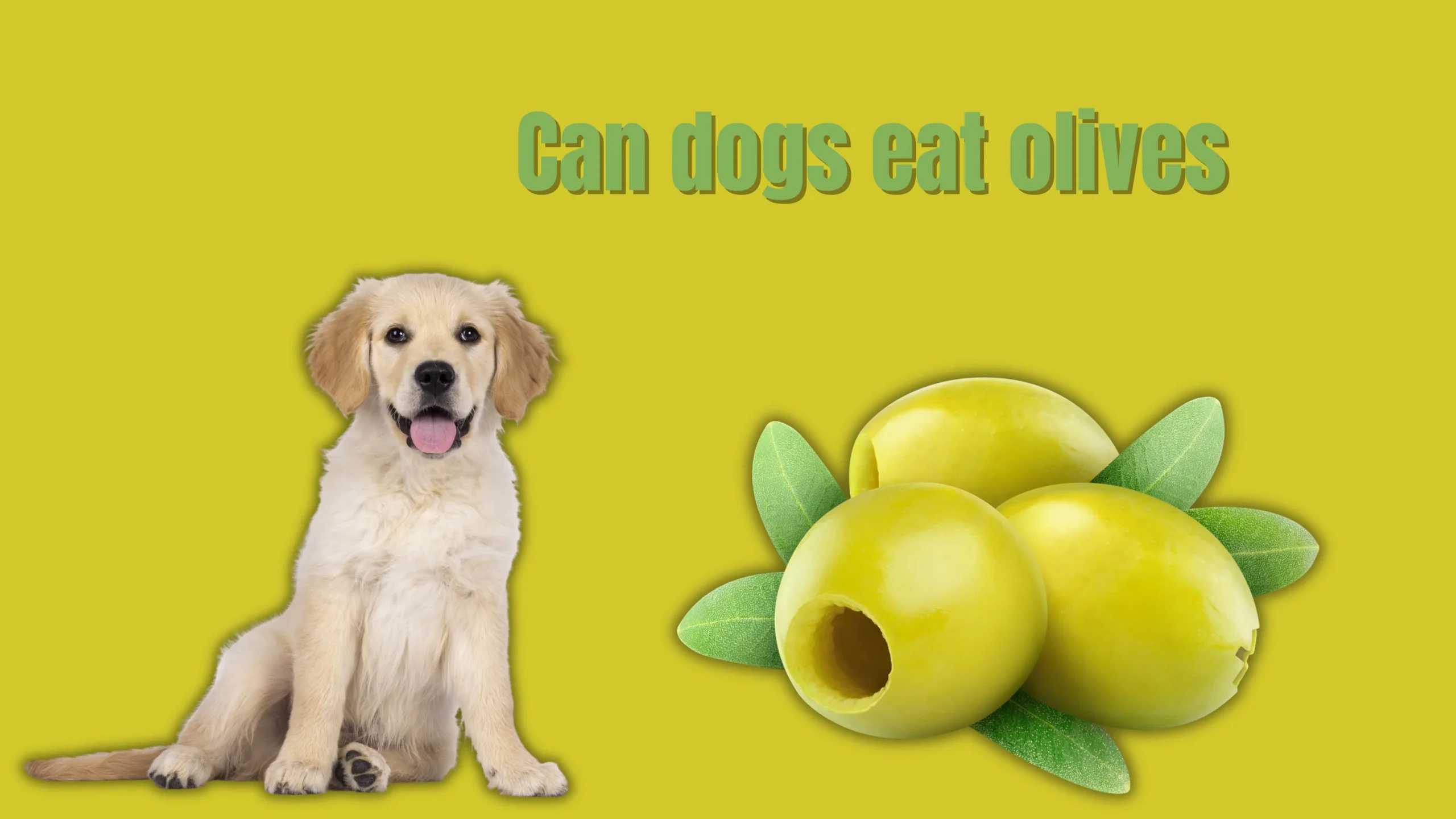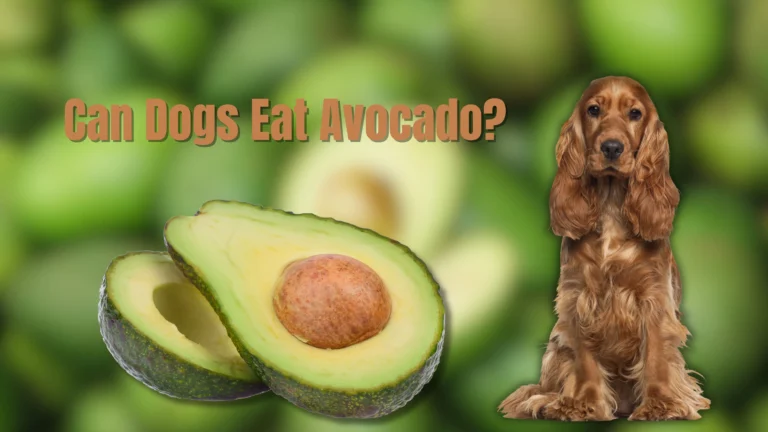Can Dogs Eat Olives?
While olives are not toxic to dogs, their high salt and fat content makes them a less-than-ideal treat. can dogs eat olives Plain, unsalted olives without pits can be safe for dogs to consume in moderation. However, if eaten in large amounts, they may cause digestive issues such as vomiting or diarrhea. Additionally, certain preparations like marinated or stuffed olives should be avoided, as added ingredients like garlic, onions, or alcohol can be harmful to dogs.
On the flip side, olives offer some health benefits for dogs when served carefully. They are packed with antioxidants, vitamins, and monounsaturated fats that support skin health, reduce inflammation, and promote a strong immune system. Despite these advantages, olives should be given as an occasional treat, with veterinarians recommending no more than one or two per week to prevent any negative side effects.
Are Olives Safe for Dogs?
Olives can be a safe and occasional treat for dogs when served plain, unsalted, and in moderation. They contain healthy fats, fiber, and antioxidants that may offer some health benefits, but dogs typically get the necessary nutrients from a balanced diet. It’s important to always remove the pits, as they can present a choking hazard or cause blockages.
While olives aren’t toxic, their high salt and fat content makes them less than ideal as a regular treat. Too many can lead to digestive issues or weight gain, and seasoned or stuffed olives should be avoided entirely due to harmful ingredients like garlic, onions, or excess sodium.

Can dogs have olive oil?
Olive oil can be a beneficial addition to a dog’s diet when used in moderation, offering healthy fats and antioxidants that support skin, coat, and digestive health. Its omega-3 and omega-6 fatty acids can help maintain a shiny coat and soothe dry skin. However, it should only be given in small amounts, as too much can lead to digestive problems or weight gain.
While olive oil is safe for dogs, it’s important to choose high-quality, extra virgin olive oil to maximize its nutritional benefits. Starting with a tiny amount and gradually increasing based on your dog’s tolerance is key, but always consult your veterinarian for proper guidance. Excessive olive oil can contribute to issues like pancreatitis or obesity, so it should only be an occasional supplement, not a regular food source.
Potential Risks of Feeding Olives to Dogs
When it comes to feeding dogs olives or olive oil, moderation is key. While both can be safe, it’s important to introduce these foods slowly and in small amounts to avoid any potential sensitivities. Some dogs may have allergies or reactions to new foods, so always monitor for symptoms like vomiting or diarrhea after introducing olives.
Olives, though safe in moderation, contain high levels of sodium and fat, which can pose health risks, especially for dogs with pre-existing conditions like high blood pressure or sensitive stomachs. Too much fat can lead to pancreatitis, an inflammation of the pancreas that can severely impact your dog’s health. If your dog has a history of pancreatitis or has been advised against high-fat foods, it’s best to skip olives altogether.
Additionally, olive pits can be a choking hazard, so it’s essential to buy pitted olives or remove the pits before offering them to your dog. Always consult with your veterinarian before introducing any new food into your pet’s diet to ensure it’s a safe and healthy option for their specific needs.

The Nutritional Value of Olives for Dogs
Olives can provide some nutritional benefits to dogs, such as healthy monounsaturated fats that help lower cholesterol and reduce inflammation, along with fiber to aid digestion. They also contain antioxidants like vitamin E and polyphenols, which support immune health and protect cells from damage. However, if you’re looking for healthier alternatives, there are plenty of options. Blueberries offer a boost of vitamins and antioxidants without the high sodium content. Pumpkin is rich in vitamins and fiber, which is great for digestion, while bananas provide potassium in a soft, tasty treat. Additionally, probiotic-infused dog treats can support gut health while offering a satisfying crunch.







